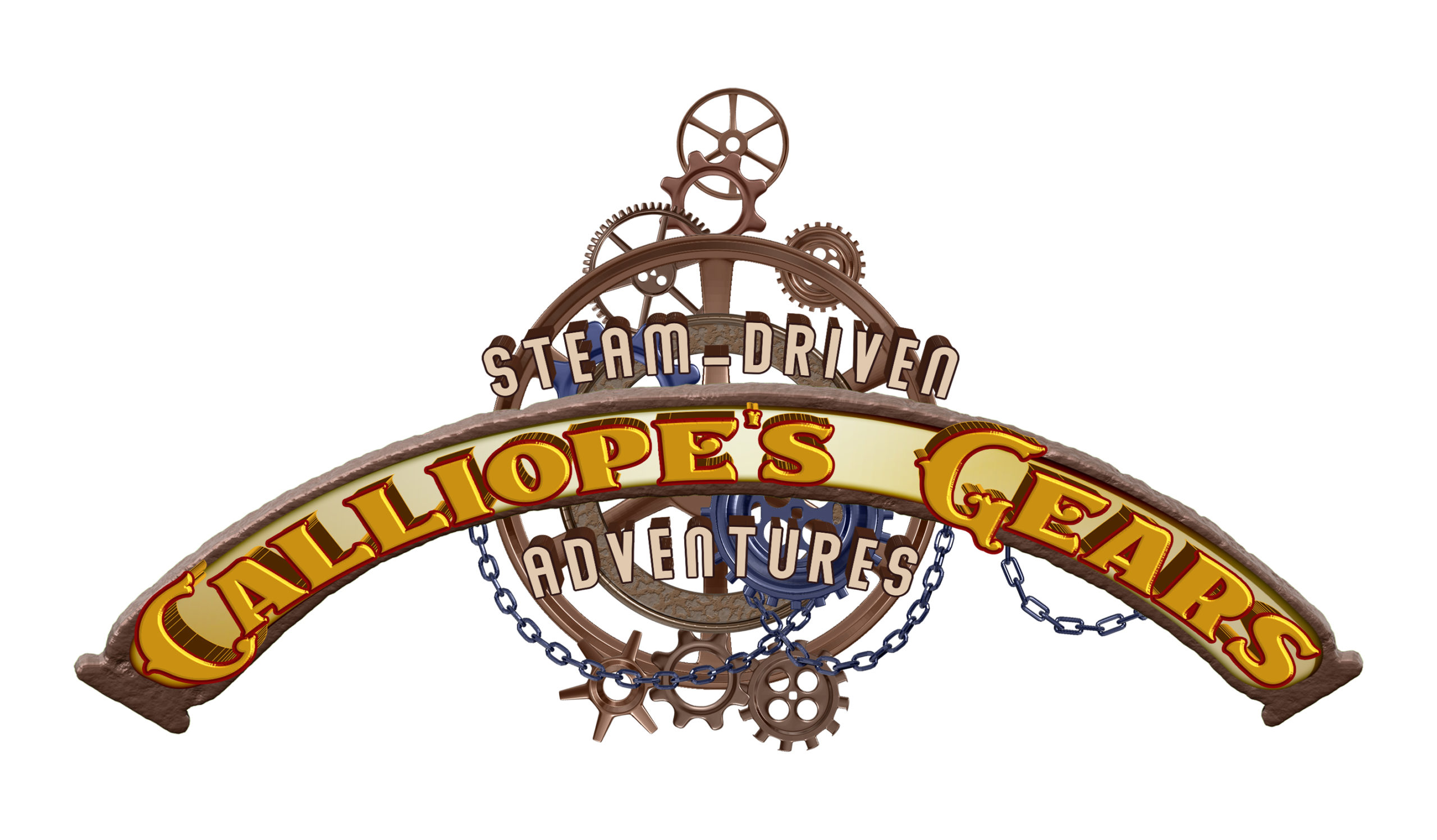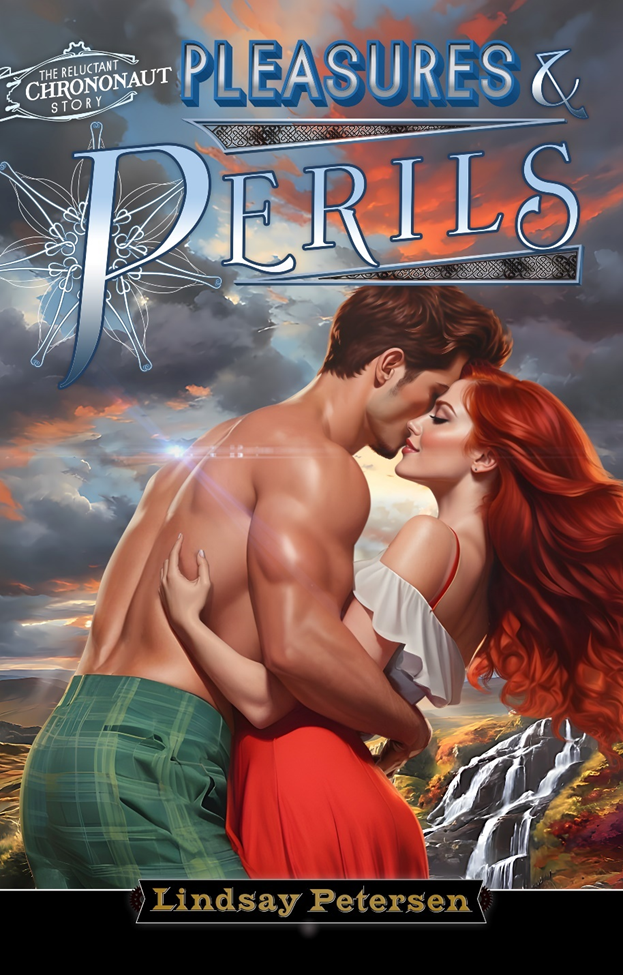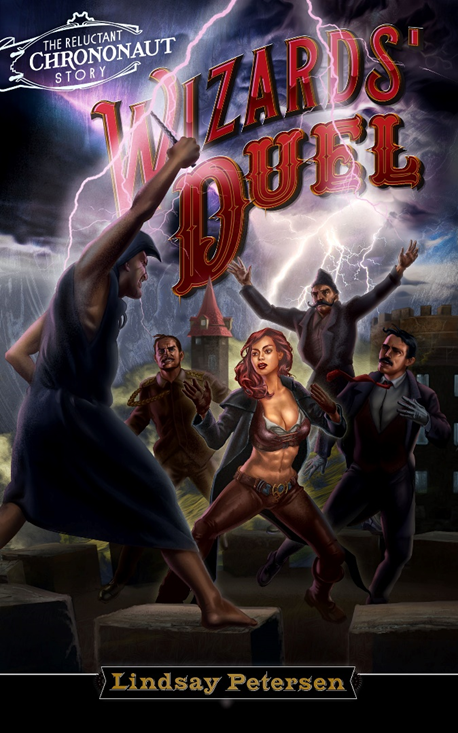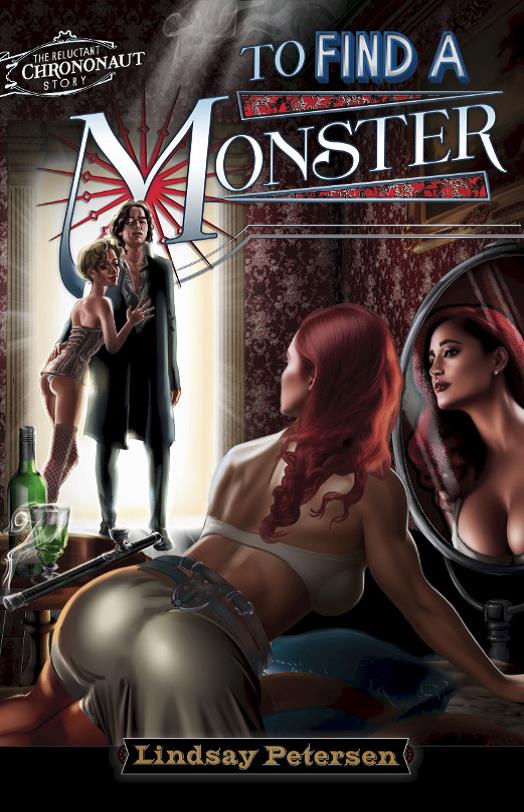My tales of Kate Thomason were spurred by my discovering this fragment penned by my great, great grandmother Kate – whose name my protagonist shares with her.
“One evening Professor Weston and I labored late, frustrated in our efforts to reproduce cavorite. Weston had made, once again, a weak pun about producing catamites, and in the odd ways of somewhat distracted conversation our talk turned to a kind of Society of Remarkable Fellows of which he’d heard rumors.
He groused about his exclusion, or, rather, his not being invited. He then recited a list of members — from his ready and most thorough recall I surmised he’d been nursing this affront for some time.
I pondered the situation for a moment — I, too, had not been invited, but having been ignorant of the Society’s existence had felt no anguish at my exclusion, or, more likely, at being forgotten entirely. My gender had rendered me all-too-familiar with the slight, and its cause.
As I considered further the ‘luminaries’ in the Society I felt the pain of the outsider yet less. I knew these men, many of them intimately, and not a one did I consider more than passably above-average. Bertie Wells, while an interesting fictionist, was a crusader for a world where he and his fellows would be the one-eyed men ruling the kingdom of the blind. Chief among their perquisites would be the droit de seigneur, the right, even the duty in the eyes of Wells and his circle, to be the true sires of the people of the future.
I loathe the fellow. Most of the others were little better.
Regarded from such perspective my exclusion rankled less and less. Were I to be invited, in fact, I rather doubted I’d join. What would be the point except endless patting and stabbing of your Fellows’ backs while having my own backside squeezed?
But it did set me thinking about the mismatches of personalities and societies that have troubled forward-thinkers through the ages. Considering the awkwardness I sometimes sense in those around me, I realized it has always been thus, and I wondered what would happen if a future Kate Thomason were brought back to Victorian times, perhaps by Wells himself.”
My great-great grandmother Kate Thomason thus became my proxy, of sorts.
And so I vowed to set a tale in her Victorian times whilst endeavoring to remain artfully faithful to actual chronologies. These efforts to remain true to times while also unfettering my imagination produced a curious tension, one which, I believe, benefited the exercise and aroused peculiar perspectives in my own psyche. Many of these were resolved through sex, which has indeed been a prime mover of men and women through history.
Some characters I wanted to include but their time periods, or their actions, didn’t match with my self-imposed chronological constraints. I tried shifting the dates of history slightly to give my story and characters greater integrity, shaving the boundaries separating my fanciful world and history gossamer-thin. Even so, the truth and fantasy would not mesh cleanly.
Then I realized that this is, after all, fiction, and fiction of a sillier sort at that. Thorough avid students of the era may spot anachronisms, others will complain that there are characters created by other authors used here, and there, and there! Worse yet, they’re used inappropriately!
Indulge me, or don’t. Speculative fiction has within its belly huge scientific issues, and most readers swallow them whole; my solecisms are more subtle. Don’t dare to take this as an apology — I never apologize. I feel it is only fair to warn you that this story is not ‘true’ history, and whenever recognizable names are used, I’m clothing real people’s musty skeletons with my fresh vibrant and imagined flesh.
Lindsay Petersen, 2024





